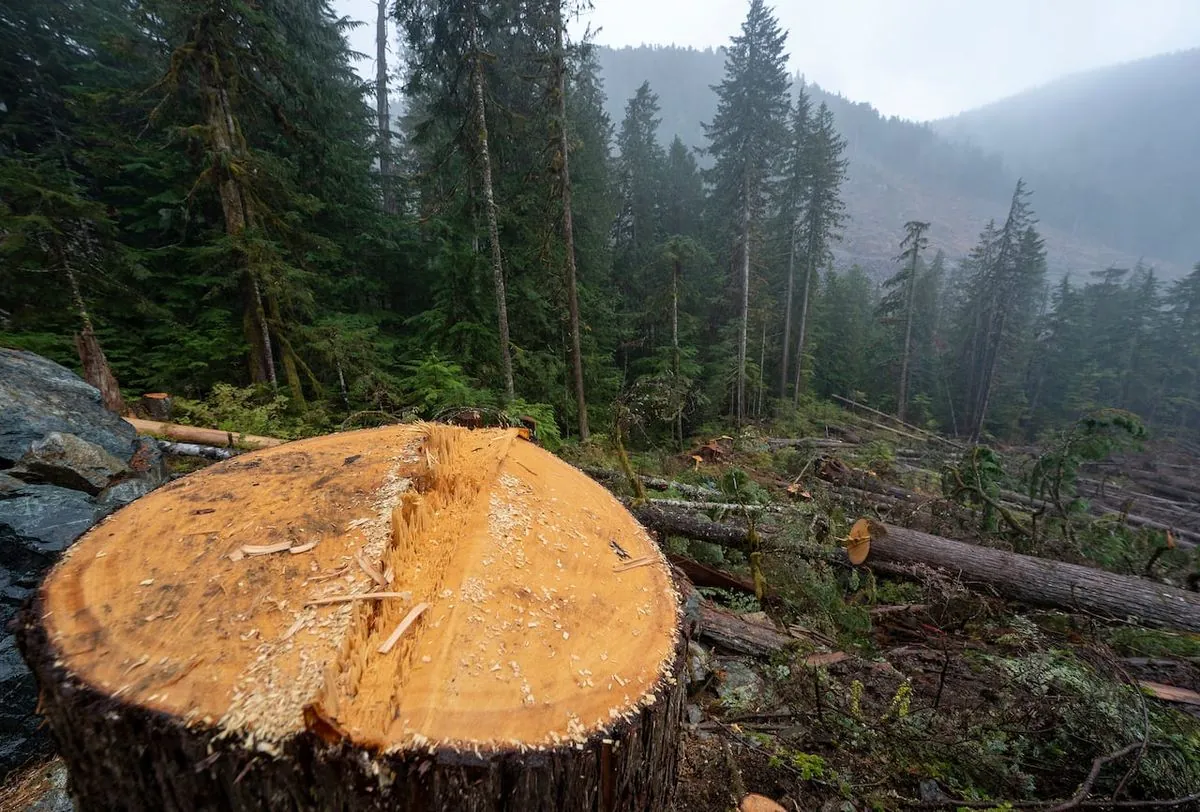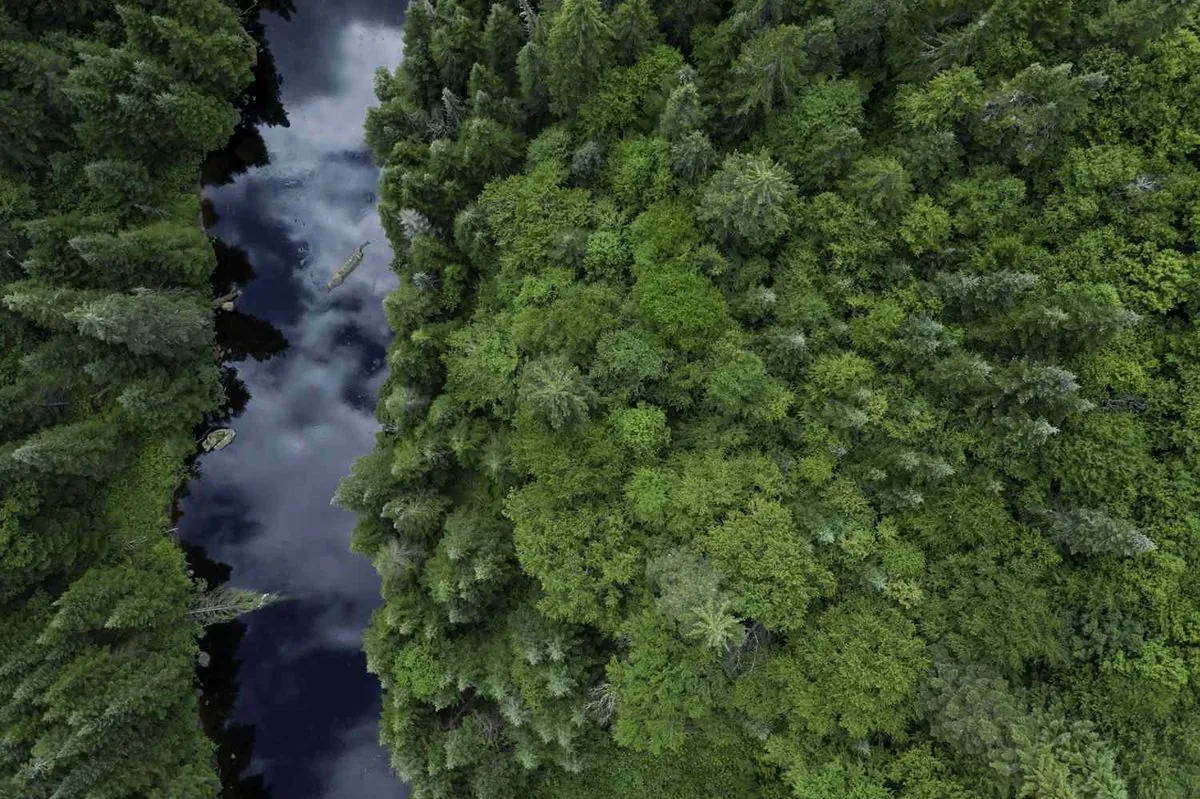Reuters Exposes Certified Timber Firms' Impact on Canada's Old Forests
Reuters investigation reveals certified timber companies are harvesting Canada's older forests, crucial for climate change mitigation. Environmental watchdogs' certification process questioned amid sustainability concerns.

A recent Reuters investigation has uncovered a concerning trend in Canada's forestry sector. Timber firms, despite being certified by nonprofit environmental watchdogs, are actively harvesting substantial areas of Canada's older forests. This practice raises significant concerns about the effectiveness of current certification processes and the potential impact on global climate change mitigation efforts.
Canada, home to approximately 9% of the world's forests, plays a crucial role in global carbon sequestration. The country's vast boreal forest alone stores an estimated 300 billion tons of carbon, highlighting its importance in the fight against climate change. Old-growth forests, some over 1,000 years old, are particularly effective at absorbing carbon dioxide, surpassing the capabilities of younger forests.
The investigation brings into question the efficacy of certification programs, such as those implemented by the Forest Stewardship Council (FSC), established in 1993. These programs aim to ensure sustainable forestry practices, but the findings suggest a potential gap between certification and actual environmental protection.

Canada's forestry sector, contributing approximately 1.5% to the country's GDP, faces a delicate balance between economic interests and environmental preservation. As the world's largest exporter of softwood lumber, the industry directly employs about 205,000 people, underscoring its economic significance.
The harvesting of older forests is particularly concerning given their critical role in climate regulation. These ecosystems not only store vast amounts of carbon but also contribute to biodiversity and ecological stability. Canada's forests currently offset about 15% of the country's annual greenhouse gas emissions, a figure that could be at risk if current harvesting practices continue unchecked.
While deforestation affects only about 0.02% of Canada's forests annually, the focus on older forests amplifies the potential environmental impact. With approximately 94% of Canada's forests being publicly owned, there is a clear need for more stringent oversight and potentially revised policies to ensure long-term sustainability.
The Reuters investigation highlights the complex interplay between environmental certification, economic interests, and climate change mitigation. As Canada commits to planting 2 billion trees by 2030, questions arise about the effectiveness of such initiatives if they coincide with the continued harvesting of old-growth forests.
This situation calls for a reevaluation of current forestry practices and certification processes. Balancing the needs of the timber industry with the urgent requirement to preserve older forests for their carbon sequestration capabilities presents a significant challenge. As global attention on climate change intensifies, the management of Canada's forests, particularly its old-growth areas, will likely become an increasingly critical issue in environmental policy discussions.


































